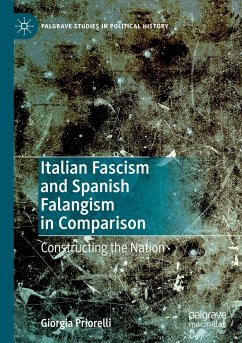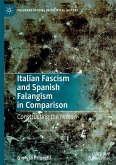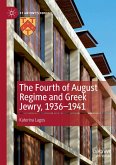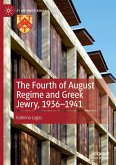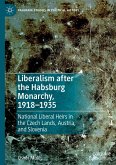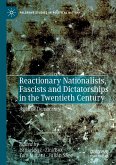This book compares the Italian Fascist and the Spanish Falangist political cultures from the early 1930s to the early 1940s, using the idea of the nation as the focus of the comparison. It argues that the discourse on the nation represented a common denominator between these two manifestations of the fascist phenomenon in Mussolini's Italy and Franco's Spain. Exploring the similarities and differences between these two political cultures, this study investigates how Fascist and Falangist ideologues defined and developed their own idea of the nation over time to legitimise their power within their respective countries. It examines to what extent their concept of the nation influenced Italian and Spanish domestic and foreign policies. The book offers a four-level framework for understanding the evolution of the fascist idea of the nation: the ideology of the nation, the imperial projects of Fascism and Falangism, race and the nation, and the place of these cultures in the new Nazi continental order. In doing so, it shows how these ideas of the nation had significant repercussions on fascist political practice.
Bitte wählen Sie Ihr Anliegen aus.
Rechnungen
Retourenschein anfordern
Bestellstatus
Storno

